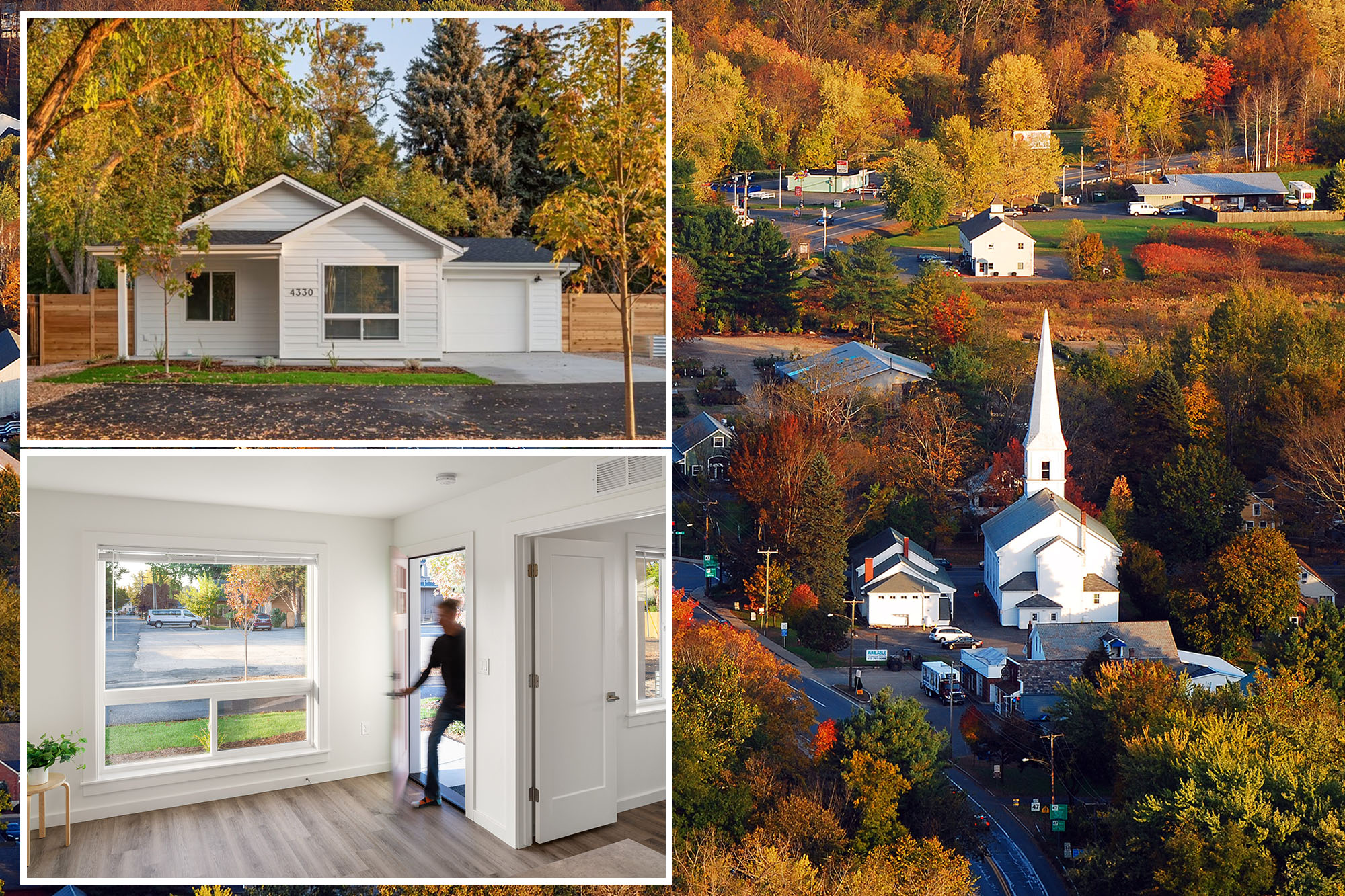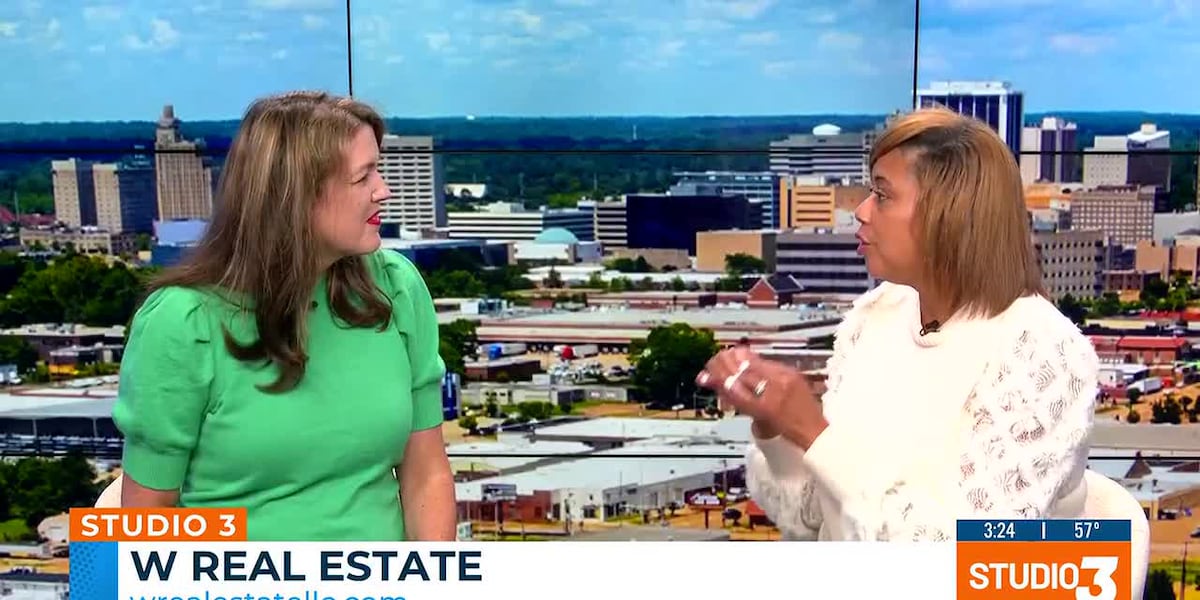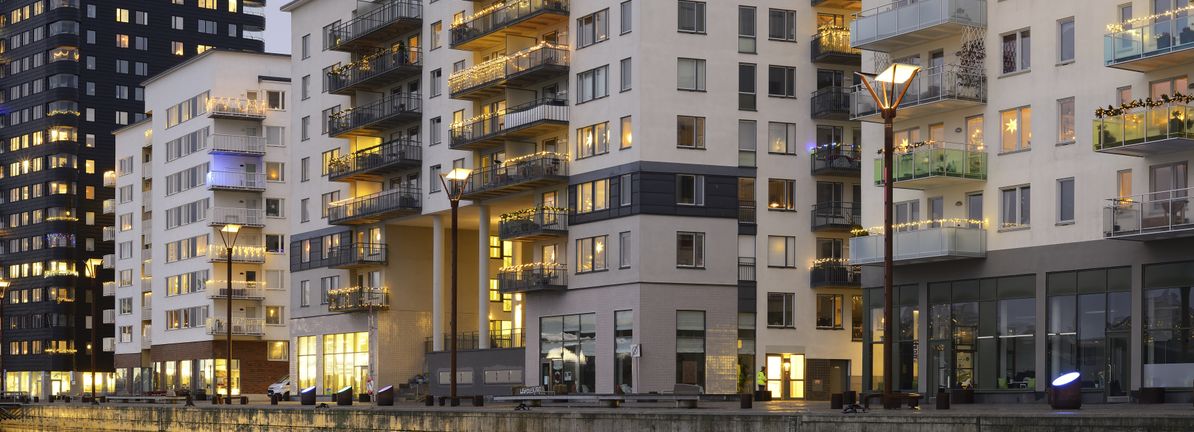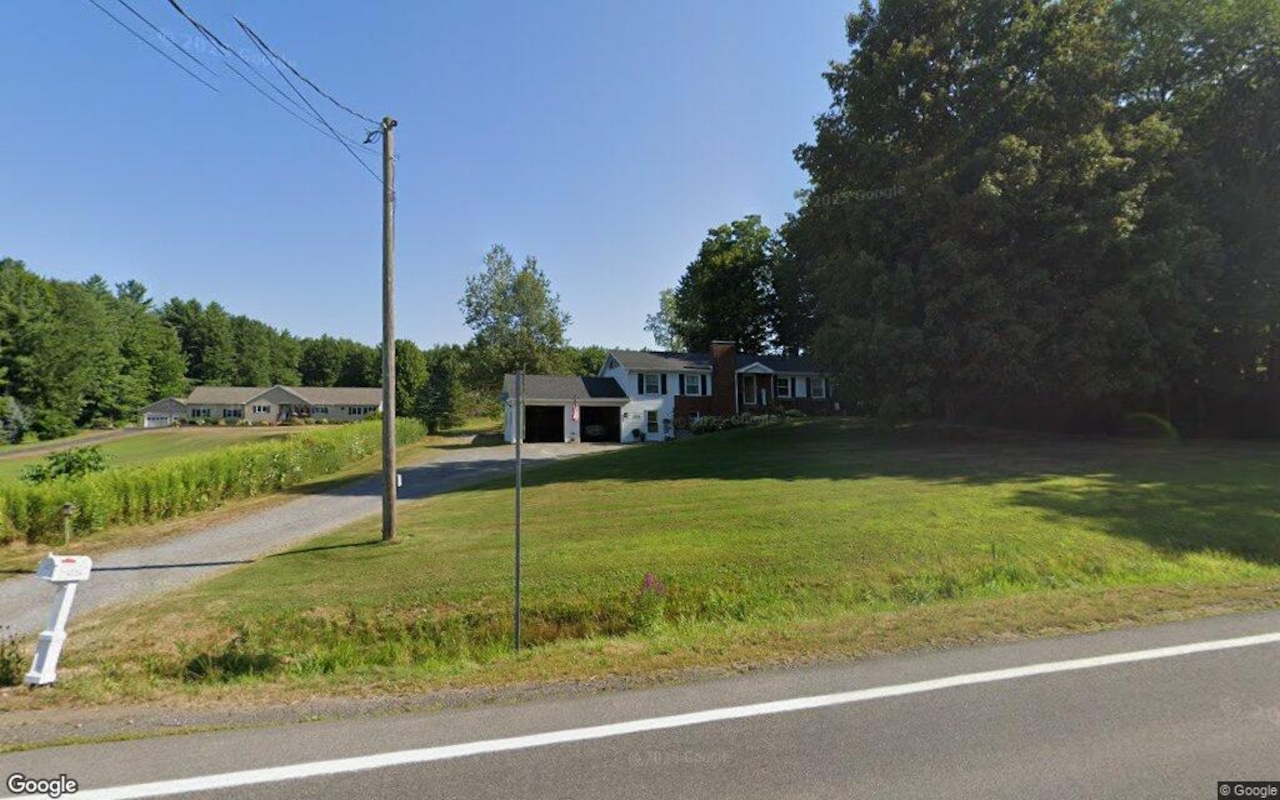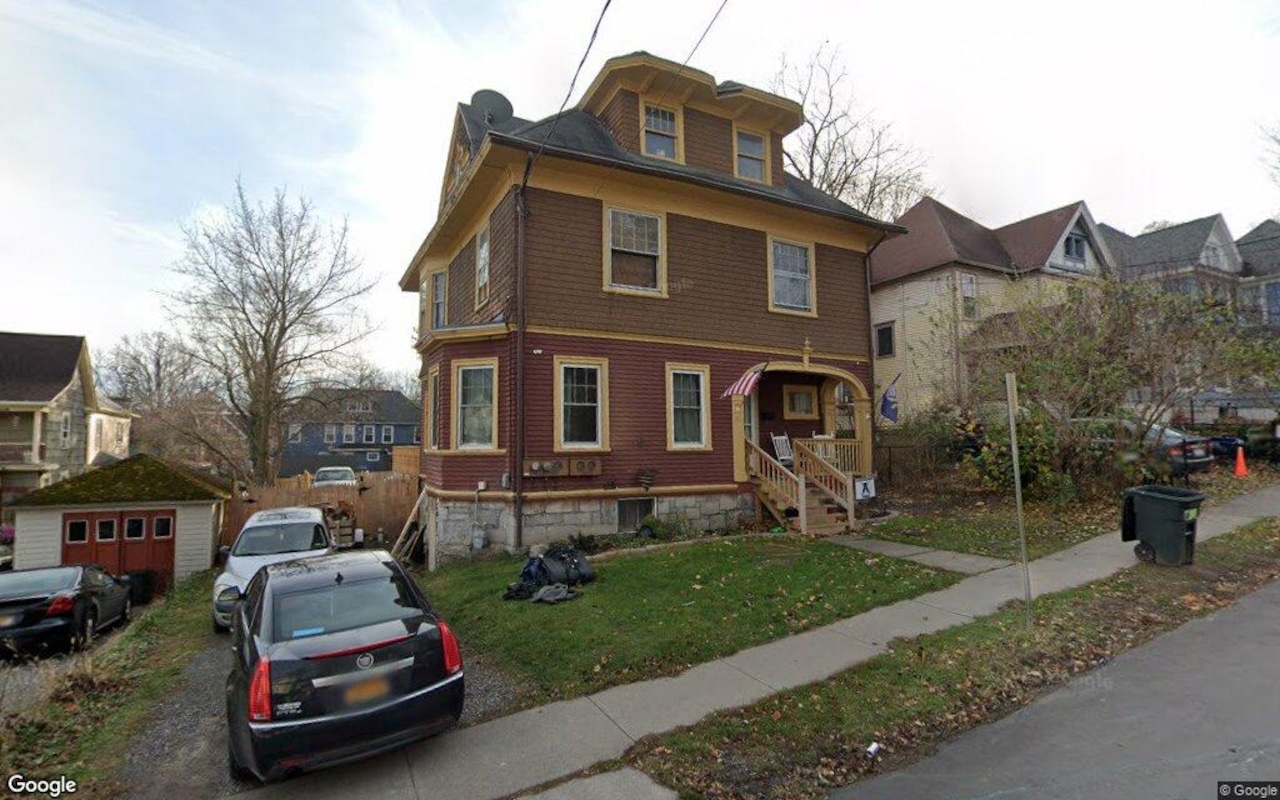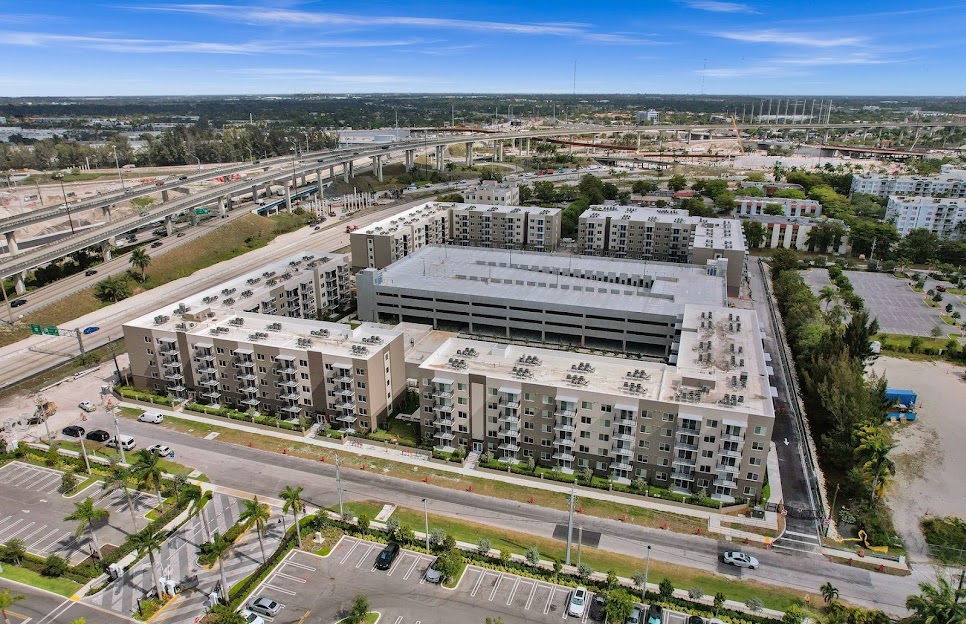I
n the midst of America's housing crisis, a surprising solution is emerging from unexpected places – church fields, synagogue parking lots, and underutilized parcels of land owned by houses of worship. With home prices far outpacing wages in many areas, communities are searching for innovative tools to address this issue.
A growing national movement called Yes in God's Backyard (YIGBY) is helping religious institutions transform their unused land into desperately needed housing. This mission-driven approach takes a community-first stance, positioning itself as a counterpoint to Not in My Backyard (NIMBY) resistance.
Religious groups collectively own over 2.6 million acres across the US, much of it underutilized. According to a 2025 Forbes report, this land could support up to 800,000 new homes. However, most houses of worship are not interested in becoming real estate developers.
Enter organizations like LEAP Housing, which acts as a bridge between mission and execution. Based in Boise, Idaho, LEAP helps congregations convert their land into affordable homes without taking on the burdens of development or property management. The result is not just housing but renewed purpose and stronger communities.
In Idaho, where home prices have climbed 67.4% since 2019, affordability has become a pressing issue. A typical home in Boise now requires 45.3% of the median household income to afford, far exceeding the recommended 30% benchmark. LEAP's founder, Bart Cochran, felt called to act and launched the organization with a mission to develop and preserve affordable housing.
Cochran discovered that many churches had underutilized land in prime locations, making them ideal development sites. He partnered with Collister United Methodist Church in Boise to build two family-sized rental homes on their property. The project represents a return to the church's historic role in meeting community needs.
LEAP's model is simple yet powerful: it acts as a technical development partner, guiding faith-based communities through the complex process of turning underutilized land into deeply affordable housing. The organization handles everything from financing and construction to long-term property management. For rental projects, LEAP places the homes into a community land trust, ensuring they remain permanently affordable.
The YIGBY model has proven its viability, and now it's scaling. At least six new projects are currently active, with additional congregations entering exploratory phases. However, the biggest barrier to growth is capital. To address this need, LEAP recently launched the LEAP Housing Impact Fund, a social impact investment vehicle designed for investors willing to accept modest financial returns in exchange for high-impact community outcomes.
This innovative approach has the potential to build what Idaho desperately needs: an estimated 25,000 units for its lowest-income residents. If it works, it could offer a blueprint for solving affordability crises in other states facing similar challenges.
